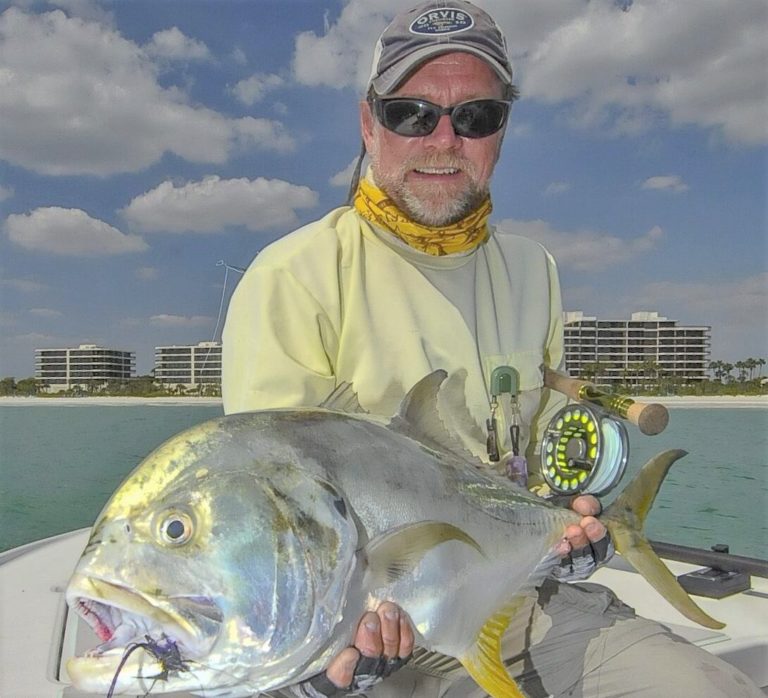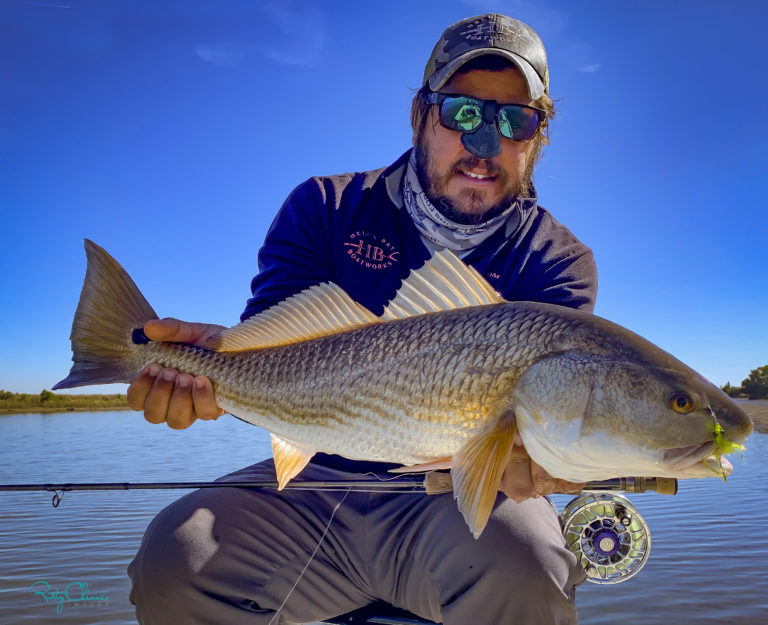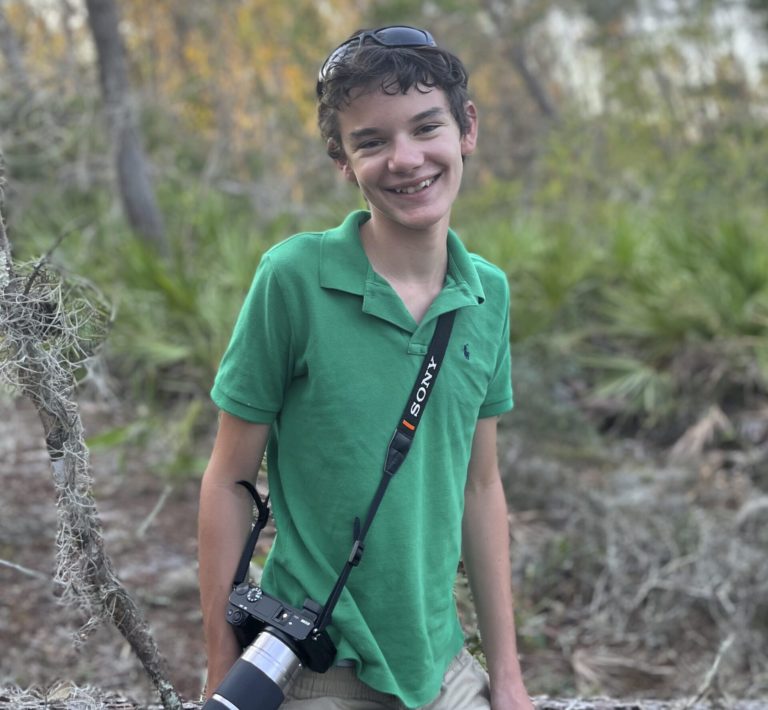Everything we learn to do in life is learned by repetition. The act of repeating an action over and over actually trains neurons in the brain to fire together, eventually creating neural pathways that, in time, allow us to act without thinking about it.
Consider learning to ride a bike. Did anyone just get on their bike and effortlessly ride? I know I didn’t. It required falling and getting up repeatedly. Now I get on a bike and ride without even thinking about how to balance, steer or anything else that allows me to stay upright. Teaching fly casting reminds me of those things I now take for granted, like riding my bike, driving my car and fly casting. It’s also shown me why it’s harder for people who have been fly fishing for a long time to master the fundamentals (physics) than for some initiates. Those same pathways that assure success also store bad habits that have been developed over time. This first became apparent to me when I gave lessons to someone who had been fly casting for a long time but who had ingrained bad techniques. When I showed them how to properly move the rod tip in a straight line to form a “tight” wind penetrating loop they understood the concept immediately. The eye-opener for student and teacher was when they tried to repeat the proper casting stroke and their ingrained bad habits overpowered their new understanding.
This isn’t necessarily bad news for long-time casters but does require them to “retrain” their brain. The same applies to proficient casters who are learning to cast with their non-dominant hand. Try this and you’ll see what I mean instantly. If you’re a right-handed caster, putting the rod in the left hand is like handing it to someone whose mind knows the cast, but has a body that doesn’t cooperate. The good news is that by learning the fundamentals of the cast and practicing them repeatedly, anyone can become an excellent fly caster with time.
Although we’ve established that practice is the key to mastering the cast, there’s another “secret” to supercharging your progress – the frequency of the repetition and establishing a habit. Create a realistic practice schedule that you can stick to. It’s much more effective to practice every day for a few minutes than to practice once a week for hours. Start by practicing at least four to five times a week for 10 minutes. Any additional time will, of course, be a bonus, but the importance of a regular practice schedule cannot be overemphasized. There are lots of resources on the internet to help you perfect your cast and lessons with a caster trained by Fly Fishers International can be invaluable. Some of the best videos I’ve found online feature master casters and instructors like Joan Wulff and Lefty Kreh. Orvis also has excellent resources. Locally, anglers have a great resource in AMI Outfitters on Anna Maria Island. They have complete outfits for beginners and rods and reels that will appeal to the most discriminating fly fisher. Visit them and try different outfits to see what fits your style and your pocketbook. Learning and apply- ing the fundamentals of fly casting and practicing them often will help you avoid learning bad habits or help you overcome them. It’s the secret to fly fishing and a path to an exciting fishing future.



